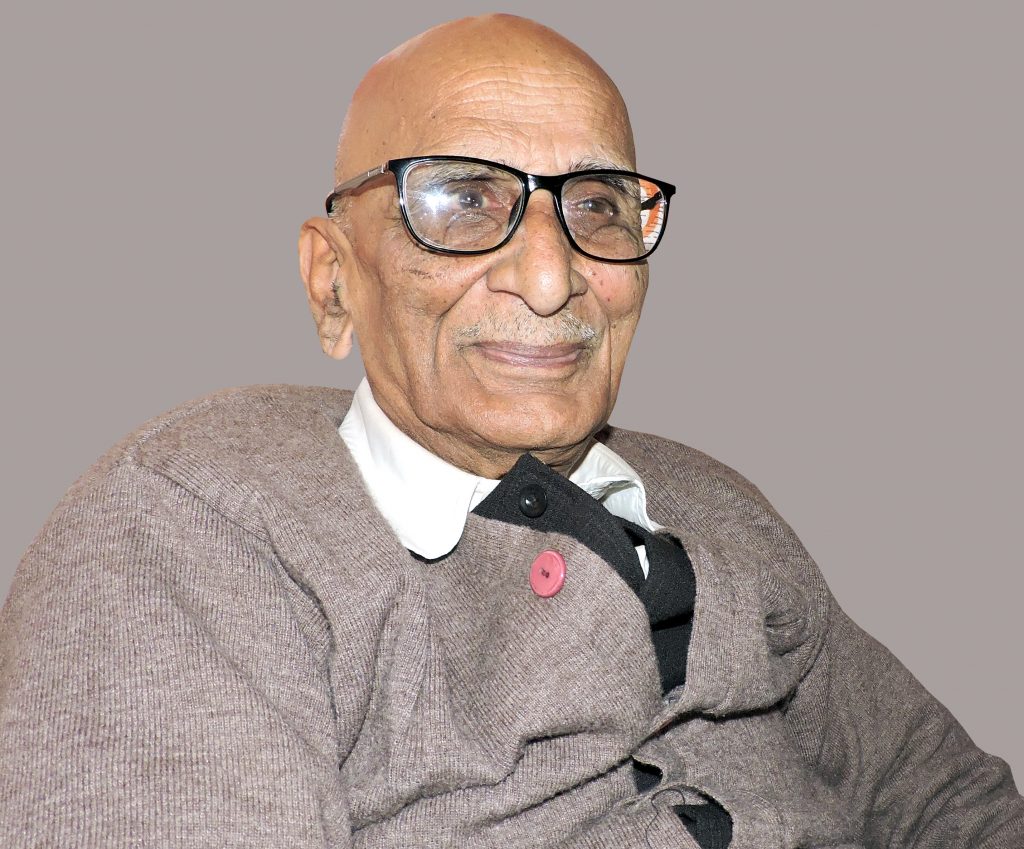Opinion
Fragile alliance
The ballyhooed coalition may be China’s way of paying India back in its own coin
Birendra P Mishra
The newly formed communist alliance developed a crack almost immediately with Baburam Bhattarai’s decision to pull out after not getting due respect and share in the distribution of electoral constituencies among the coalition partners. The incident has watered down the wishful thinking of many who had seen a grand alliance of communists emerging after the dramatic announcement by the CPN-UML, CPN (Maoist Centre) and Naya Shakti Party Nepal on October 3 that they would be contesting the forthcoming elections jointly and subsequently forming a single party.
Even though efforts had been going on for quite some time to convince the Maoist Centre to desert its coalition with the Nepali Congress (NC), heavy consultations were made under pressure to meet internal and external designs. To some, forming a single party after the election was really a distant goal.
It was reported that during the Maoist Centre’s politburo meeting and political training on September 7, its chairman PK Dahal ‘Prachanda’ had admitted that the decision to forge an alliance with the UML was the result of ‘extreme pressure and compulsion’.
Time will tell
Undoubtedly, the loss or benefit of the alliance will be shown by the election results. Primarily, it seems that the NC has been caught off guard as it was unaware of the serious parleys taking place between its coalition partner Maoist Centre and the UML. This indeed will have a ripple effect on the current political landscape as the present Legislature-Parliament has been dissolved as per provisions in the constitution. Since parliamentary and provincial assembly elections are to take place simultaneously on November 26 and December 7, the NC seems to be desperate to form a broad democratic coalition to counter the left alliance.
Interestingly, a year ago, after UML chief KP Sharma Oli refused to let Prachanda head their coalition government, he had walked out to form another coalition with the NC and become the prime minister under the condition that he would step down after local elections. Prachanda paved the way for the changing of the guard by resigning as prime minister after the first phase of local elections without waiting for the second phase. The Indian prime minister appreciated the move and so did the Indian foreign minister during her last visit to Kathmandu. She had congratulated the present alliance explicitly.
Curiously, during the third phase of local polls which were held in Province 2 on September 18 to allow Rastriya Janata Party Nepal to participate, Madhesis swept the vote. The UML came a distant fifth compared to the top position it had achieved in four out of the six provinces. The breaking and making of coalitions is nothing surprising in politics. However, it is significant in the present context with elections coming up. It was, definitely not an ordinary decision by the UML and Maoist Centre to set aside their past differences simply to contest elections. It seems each of them has their own goals in mind.
Obvious benefits
Naya Shakti has fared the worst in the recent local elections, and it naturally hoped to gain electorally. Since most of Bhattarai’s comrades have deserted him and joined the parent Maoist Centre, he was forced to join the alliance to regain his old position. The Maoist Centre decided to join the alliance to benefit from the elections as it had sunk to third place in the second Constituent Assembly, from being the largest party in the first one. It is also vital for Prachanda to win to ensure his crucial role in the future.
Moreover, the party is always scared of being tried for its wartime crimes, and it wants to remain in power to avoid punishment both inside and outside the country. Lastly, its chairman himself has confirmed that he bowed down to pressure to forge the alliance.
Some reasons for the UML to form an alliance with the Maoist Centre are obvious. First, it will head the coalition, which it can boast about. Second, the UML chief’s ego will be satisfied with the Maoist Centre chairman coming to work with him. Third, the UML will receive its support in the powerful local level units headed by it. Lastly, the UML won significantly more seats than the NC during the local elections but with a narrow margin, which makes it shaky for future elections. Hence, it forged an alliance with the Maoist Centre despite the humiliation of being ousted from government.
The UML’s decision to form an alliance with the Maoist Centre which removed it from power is intriguing. The decision looks fussy. It must be part of a long-term plan as there might be some external factors or a common commander to facilitate their alliance. Significantly, against the common belief that India had played a crucial role in dismantling the UML and MC coalition a year ago, and that the present government has not been acting in favour of China, the changing of the guard could have been felt by the northern neighbour. This allows China to meet its interest, on the one hand, and repay India in its own coin by replacing the government, on the other. However, as luck would have it, the exercise collapsed due to some internal constraints of the parties and the limited time available to execute it due to the ensuing elections.
Mishra is a former Election Commissioner




 21.12°C Kathmandu
21.12°C Kathmandu










